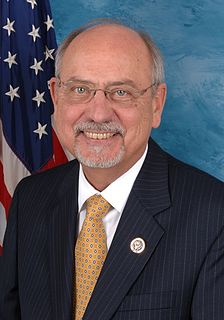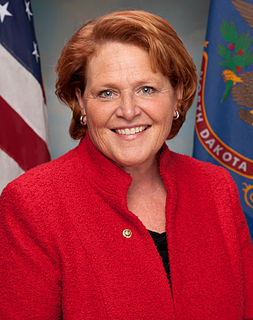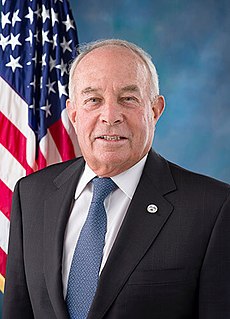A Quote by Mercedes Schlapp
The Veterans Health Administration is a perfect case study of how government should stay out of patient care altogether.
Quote Topics
Related Quotes
Although a government study found that men's health was much worse than women's health or the health of any minority group, headlines around the country read: 'Minorities Face Large Health Care Gap.' They did not say: 'Men Face Large Health Care Gap.' Why? Because we associate the sacrifice of men's lives with the saving of the rest of us, and this association leads us to carry in our unconscious an incentive not to care about men living longer.
Nurses have new and expanding roles. They are case managers, helping patients navigate the maze of health care choices and develop plans of care. They are patient educators who focus on preventative care in a multitude of settings outside hospitals. And they are leaders, always identifying ways for their practice to improve. Because nurses have the most direct patient care, they have much influence on serious treatment decisions. It is a very high stakes job. Everyone wants the best nurse for the job, and that equates to the best educated nurse.
The Republican tax cut threatens to undercut both veterans health care and the veterans educational benefits that have been recognized for decades as not only the long-standing obligation of the Nation to its veterans, but also as the best recruiting incentives we can offer to keep our armed forces strong and sharp.
I think what's happening with the veterans is a gift from God to show us what happens when you take layers and layers of bureaucracy and place them between the patients and the health care provider. And if we can't get it right, with the relatively small number of veterans, how in the world are you going to do it with the entire population?

































